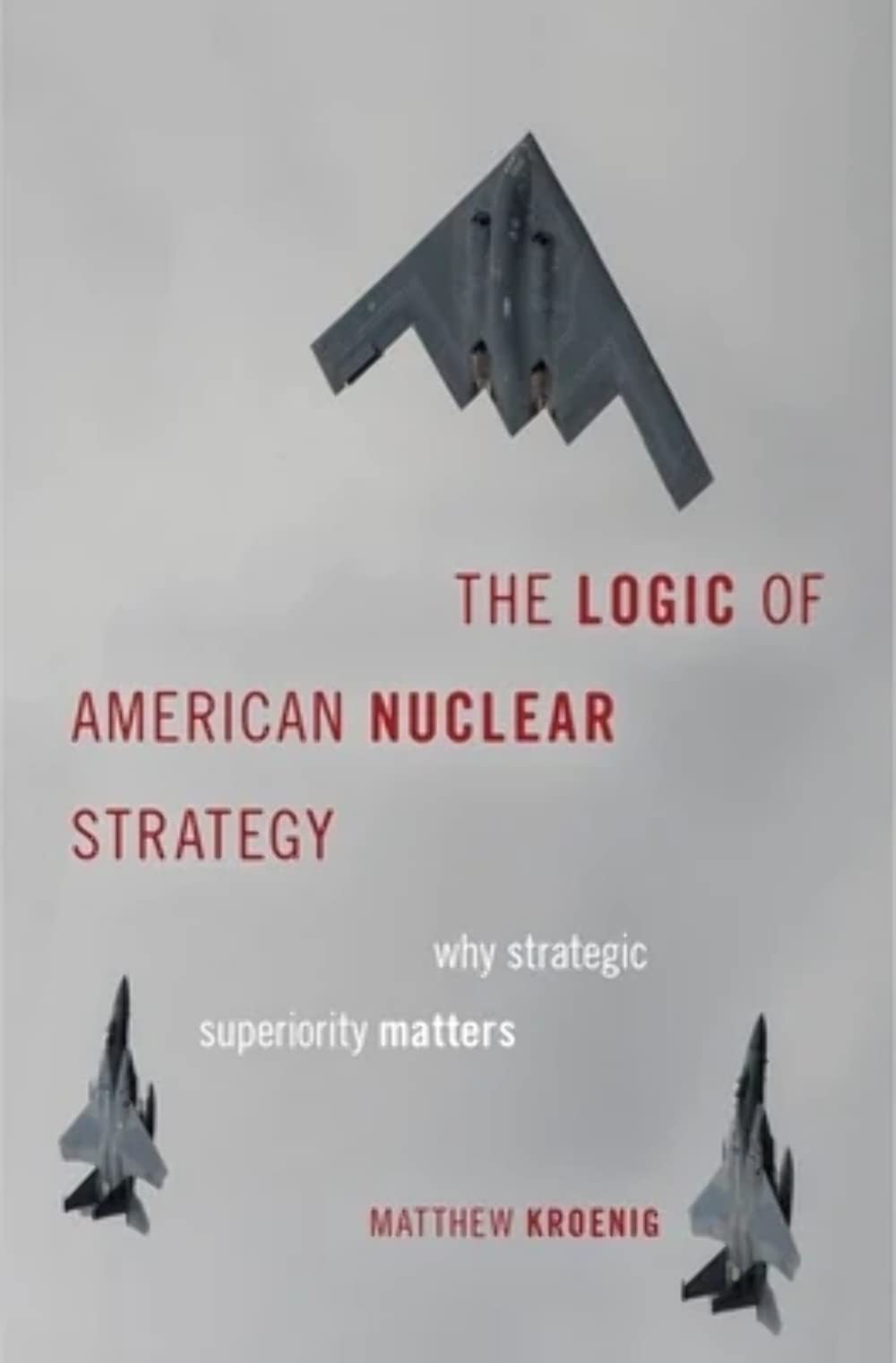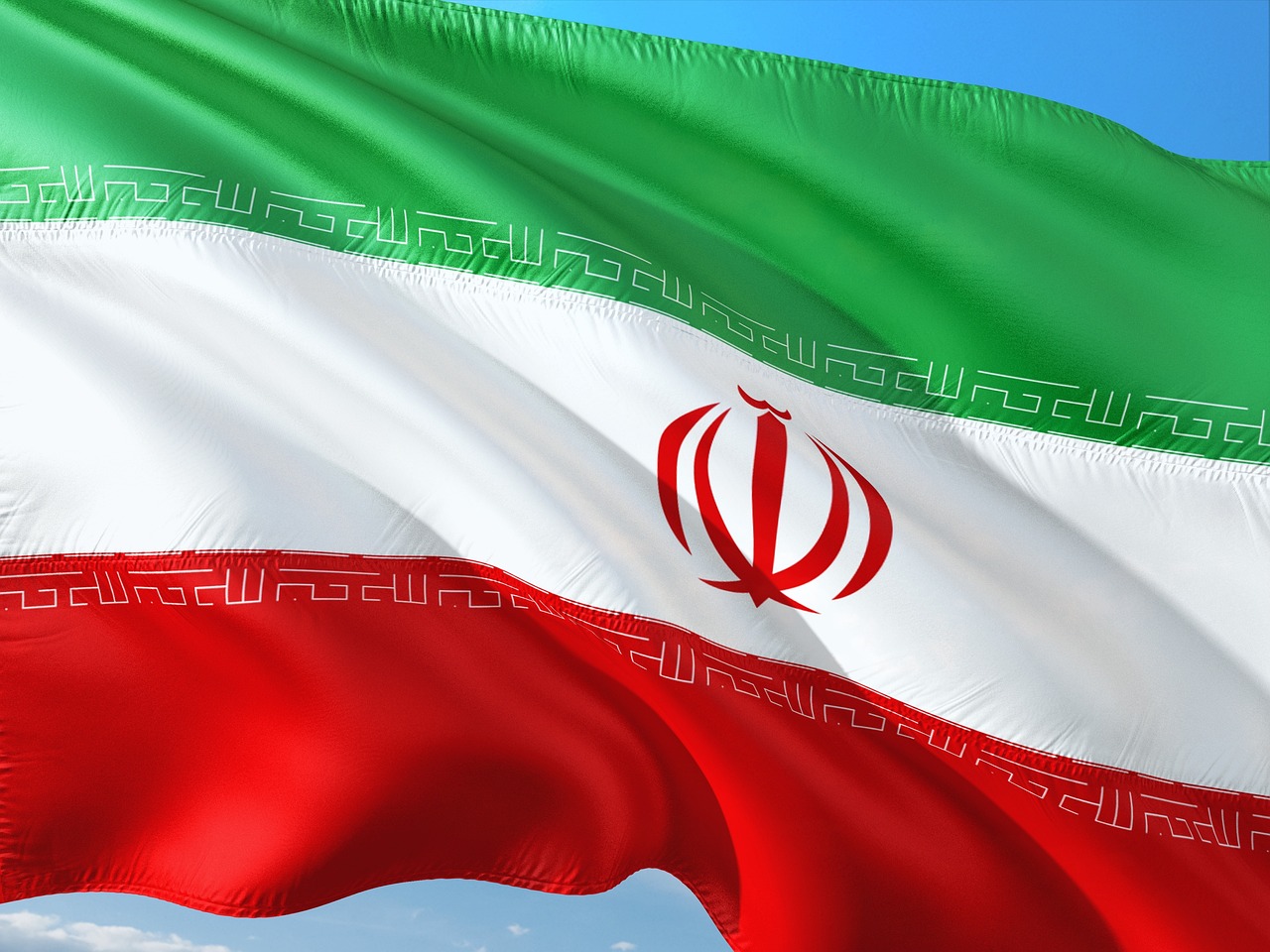In “The Logic of American Nuclear Strategy: Why Strategic Superiority Matters,” Matthew Kroenig offers a compelling and thought-provoking analysis of the United States’ approach to nuclear deterrence. Kroenig, a respected scholar in the field of international relations, meticulously dissects the complex world of nuclear strategy, providing valuable insights into why maintaining strategic superiority is of paramount importance for American security.
The book begins by delving into the historical context of nuclear weapons and the evolution of U.S. nuclear strategy. Kroenig provides a comprehensive overview of the Cold War era, detailing the strategies and policies pursued by both the United States and the Soviet Union. This historical foundation serves as a critical backdrop for understanding the contemporary nuclear landscape.
One of the book’s central arguments is that strategic superiority, where the United States possesses a nuclear arsenal significantly superior to its potential adversaries, is a vital element of American national security. Kroenig contends that maintaining such superiority not only enhances deterrence but also reduces the likelihood of nuclear conflict. He makes a compelling case that strategic stability and peace are best achieved when potential adversaries perceive that the costs of aggression outweigh any potential benefits.
Kroenig’s writing is clear and accessible, making complex concepts in nuclear strategy understandable to a broad audience. He skillfully combines historical analysis with contemporary case studies, demonstrating how the logic of strategic superiority has influenced U.S. decision-making in various contexts, including with regard to Russia, China, and North Korea.
The author’s meticulous research and data-driven approach add credibility to his arguments. He draws on an extensive array of primary and secondary sources, as well as quantitative analyses, to support his claims. This rigorous methodology reinforces the book’s overall strength as a scholarly work.
One of the book’s most significant contributions is its discussion of the potential risks associated with abandoning the pursuit of strategic superiority. Kroenig cautions against adopting a posture of nuclear parity or inferiority, arguing that such a shift could embolden adversaries and undermine the credibility of American deterrence. This perspective challenges conventional wisdom and prompts readers to reconsider prevailing notions about nuclear strategy.
While “The Logic of American Nuclear Strategy” is a well-researched and persuasive book, it is not without its critics. Some may argue that Kroenig’s emphasis on strategic superiority overlooks the importance of arms control and diplomacy in reducing nuclear risks. Additionally, the book’s focus on great-power competition may not fully address the complexities of contemporary nuclear challenges, such as non-state actors and emerging technologies.
In conclusion, Matthew Kroenig’s “The Logic of American Nuclear Strategy: Why Strategic Superiority Matters” is a significant contribution to the field of nuclear studies and international relations. It challenges conventional wisdom about nuclear deterrence and provides a compelling argument for the importance of strategic superiority in American security policy. Whether you are a scholar, policymaker, or interested reader, this book offers valuable insights into the enduring complexities of nuclear strategy and the role of the United States in shaping the future of global security.
This site is free for everyone to learn about information warfare, connect with mentors, and seek the high ground! Unfortunately operating the site is not free and your donations are appreciated to keep KTC up and running. Even a five or ten dollar donation helps.







